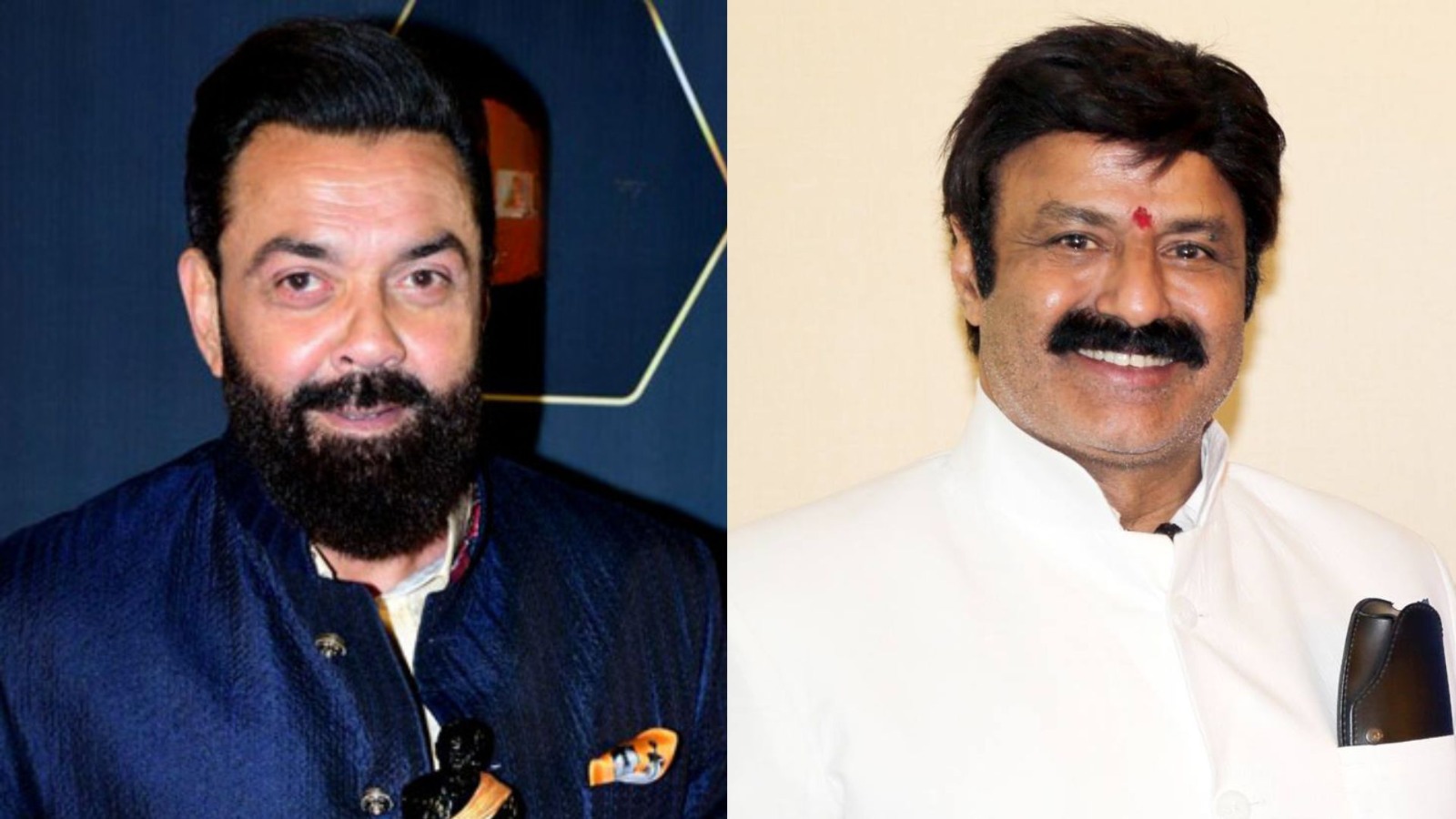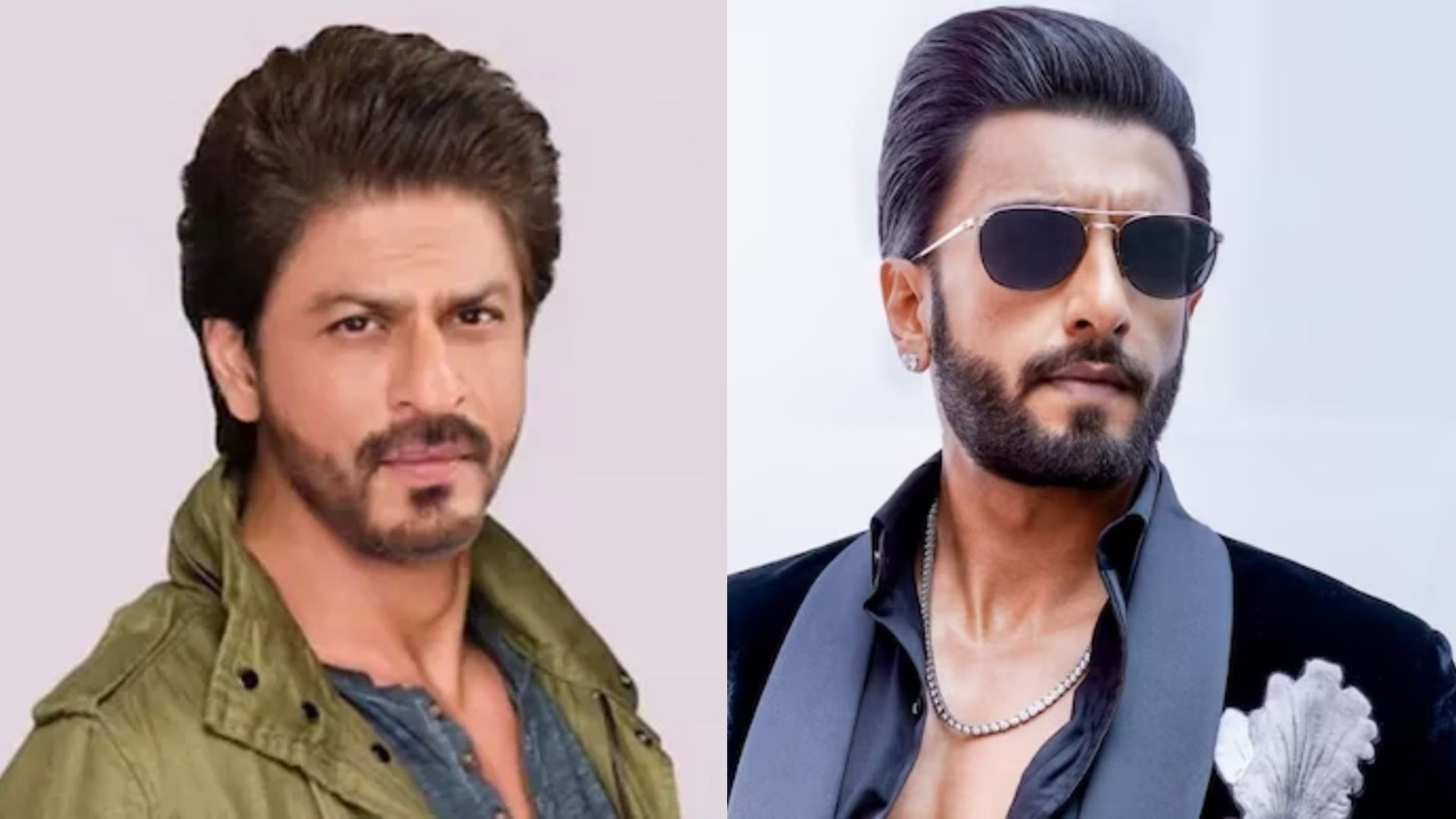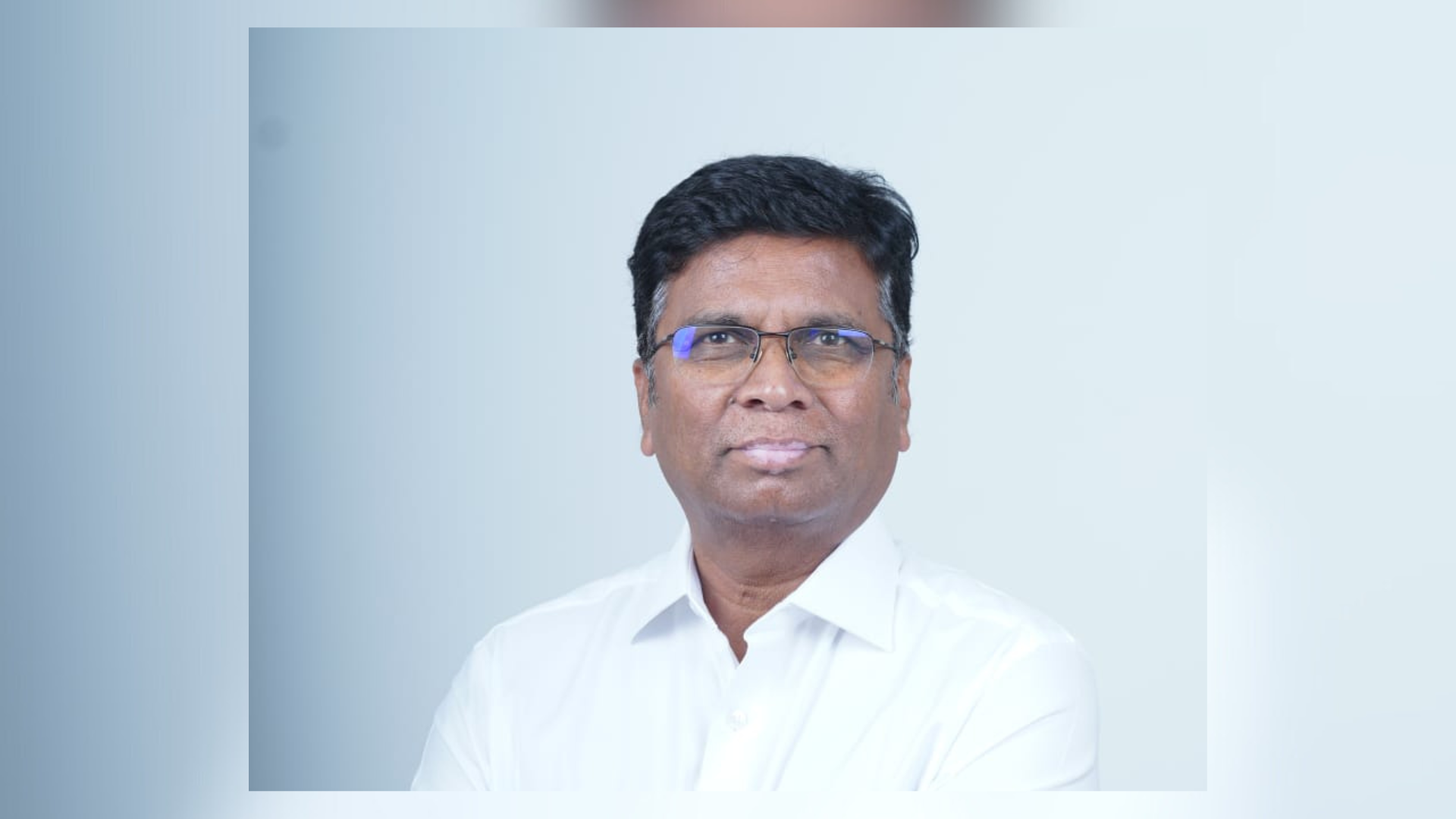


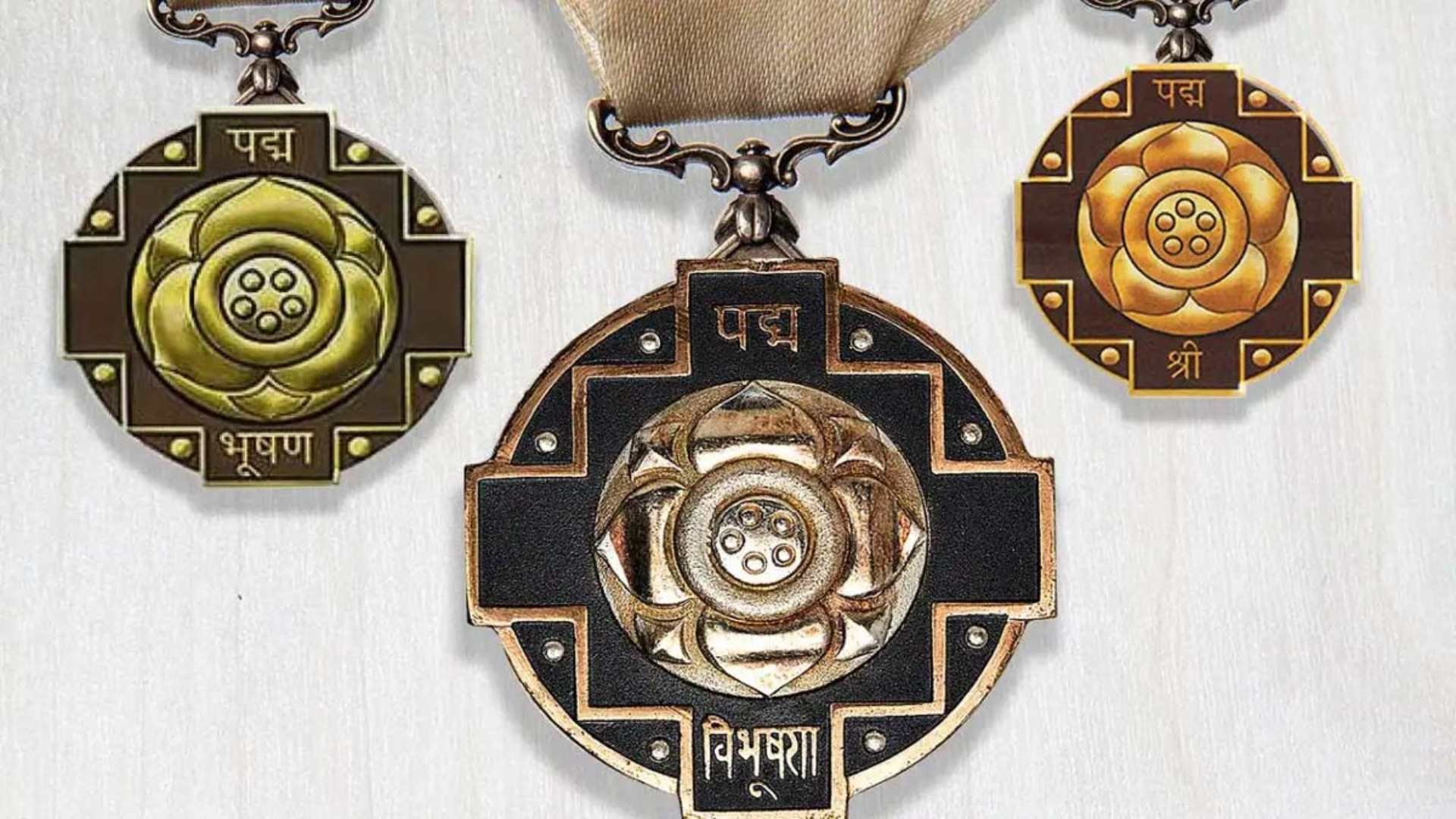
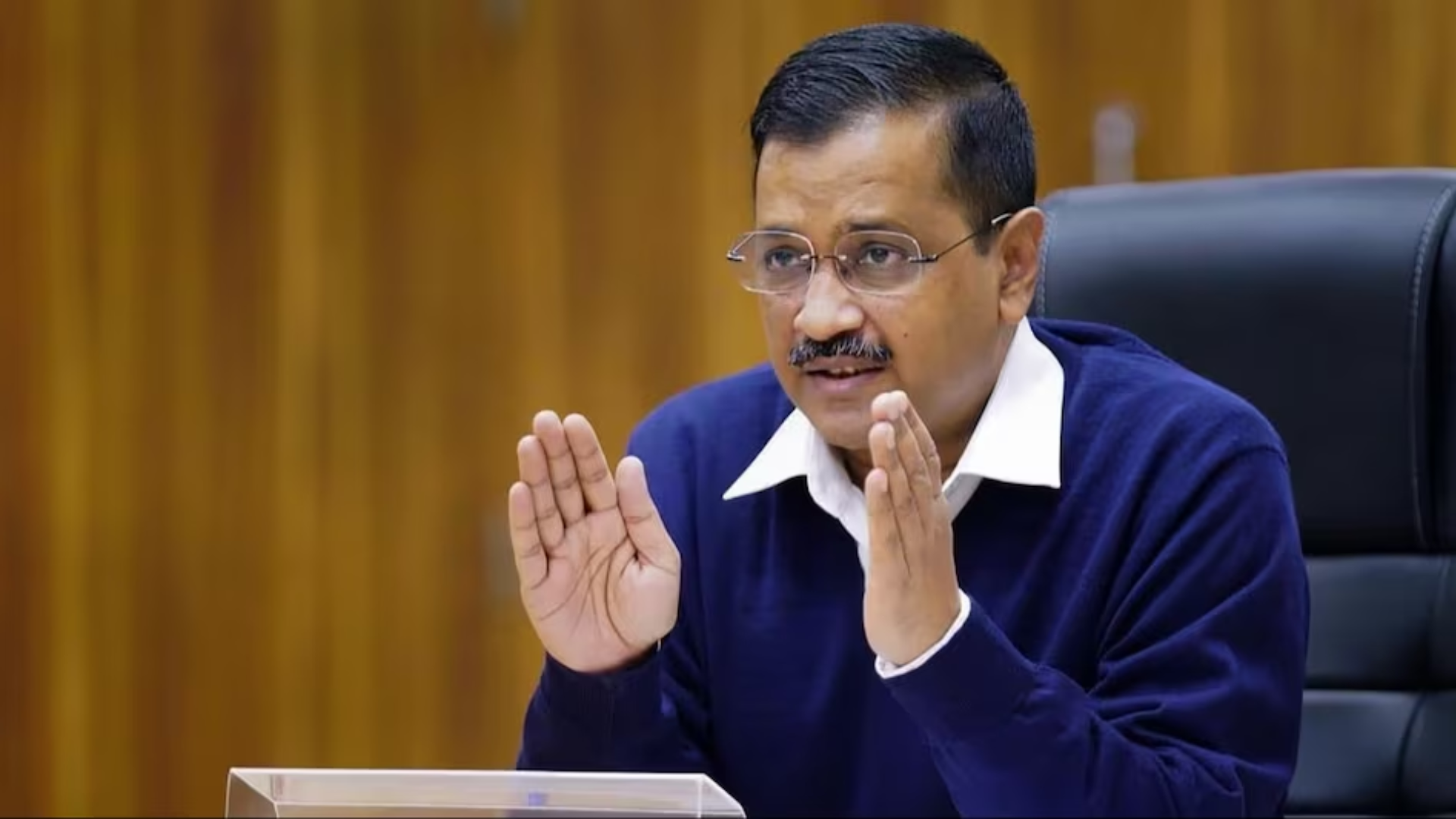

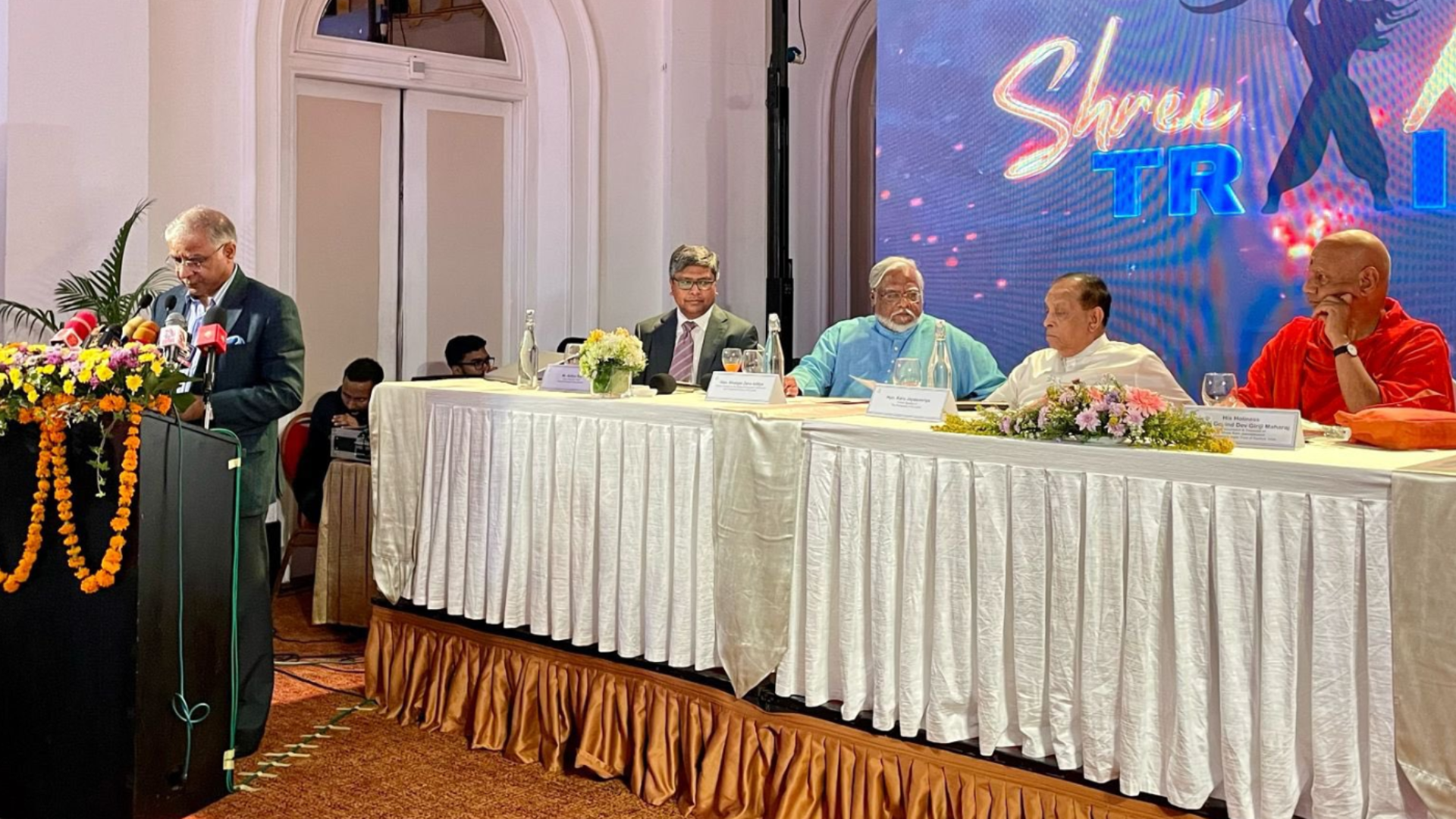
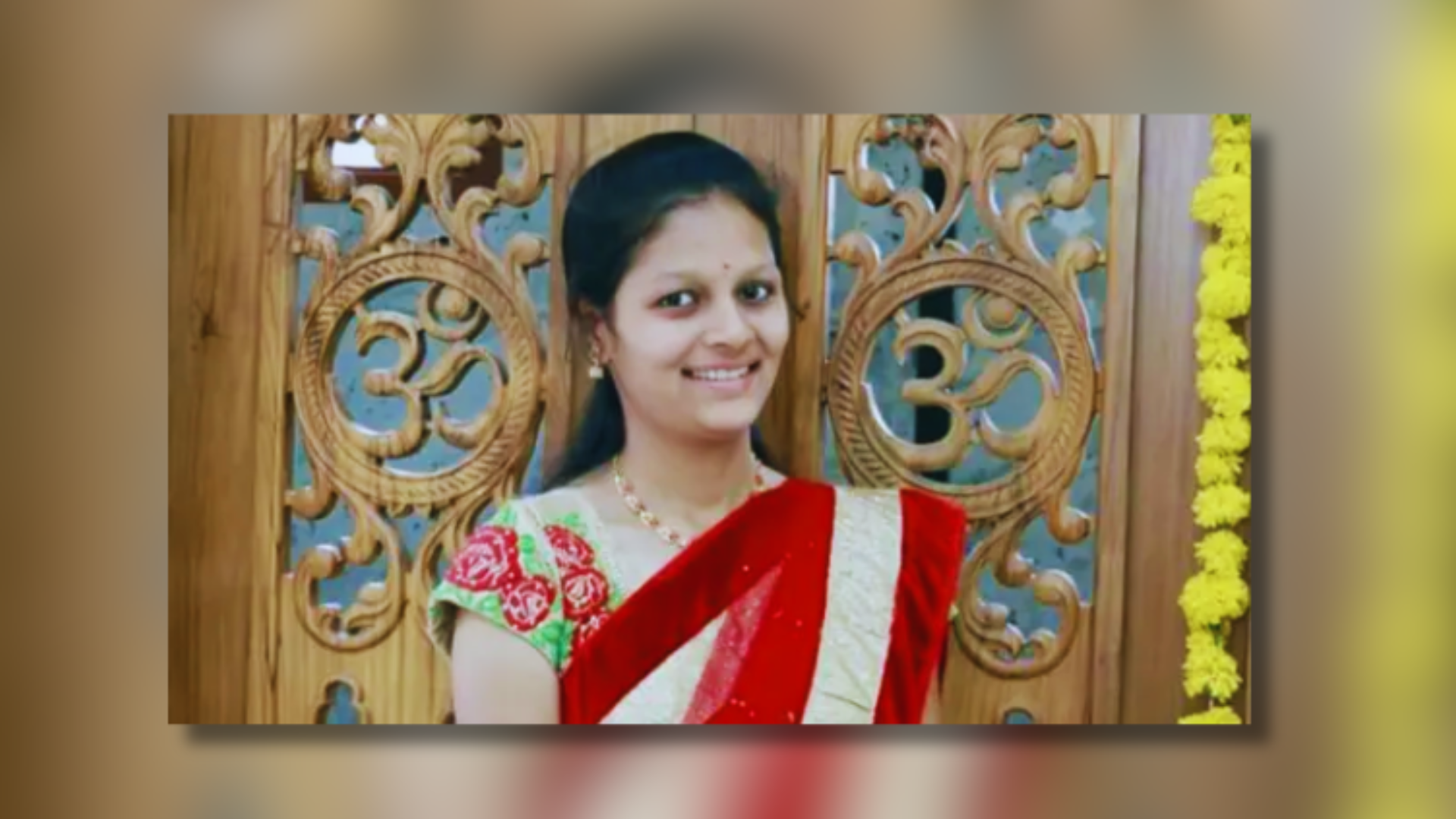
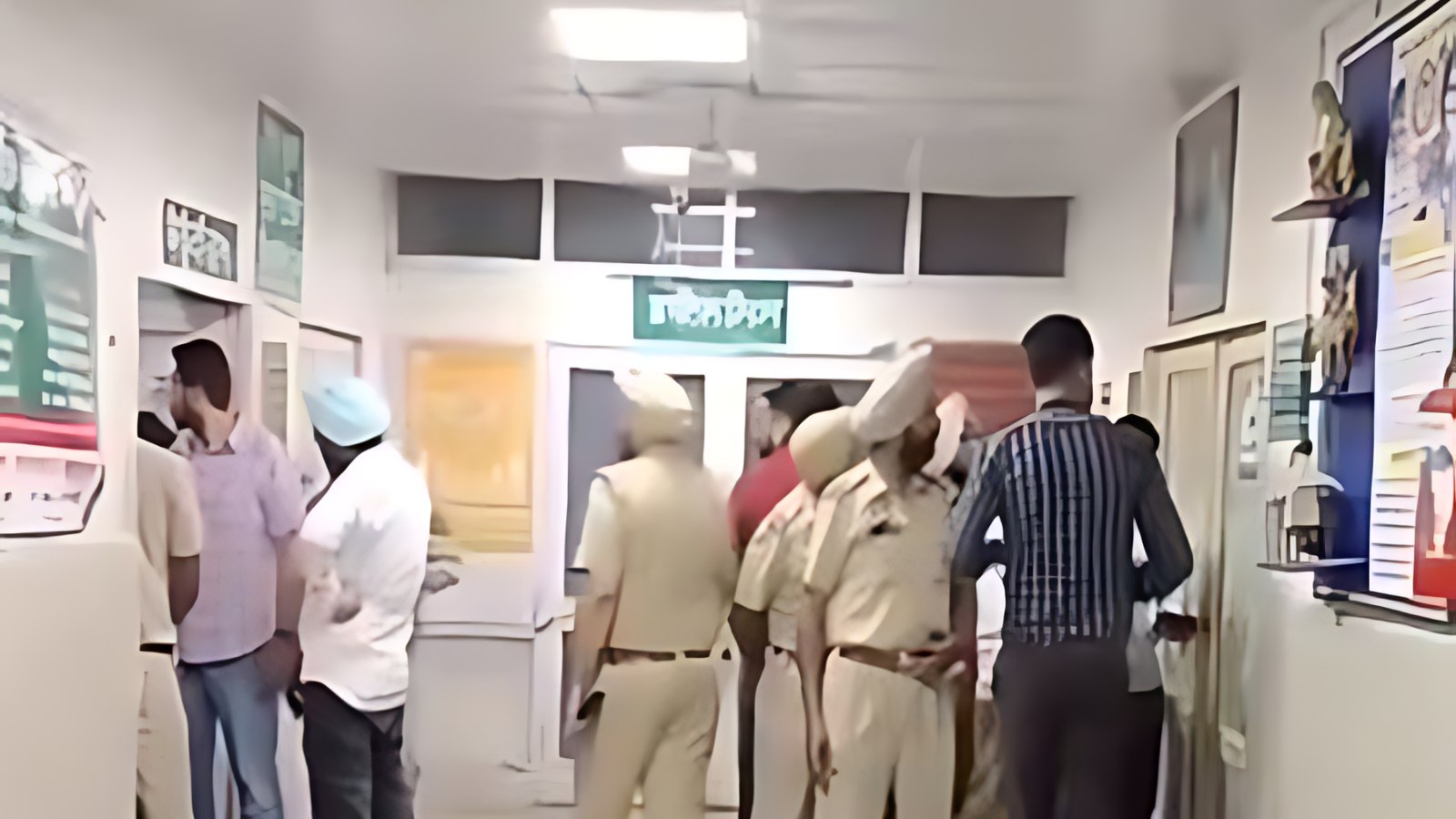
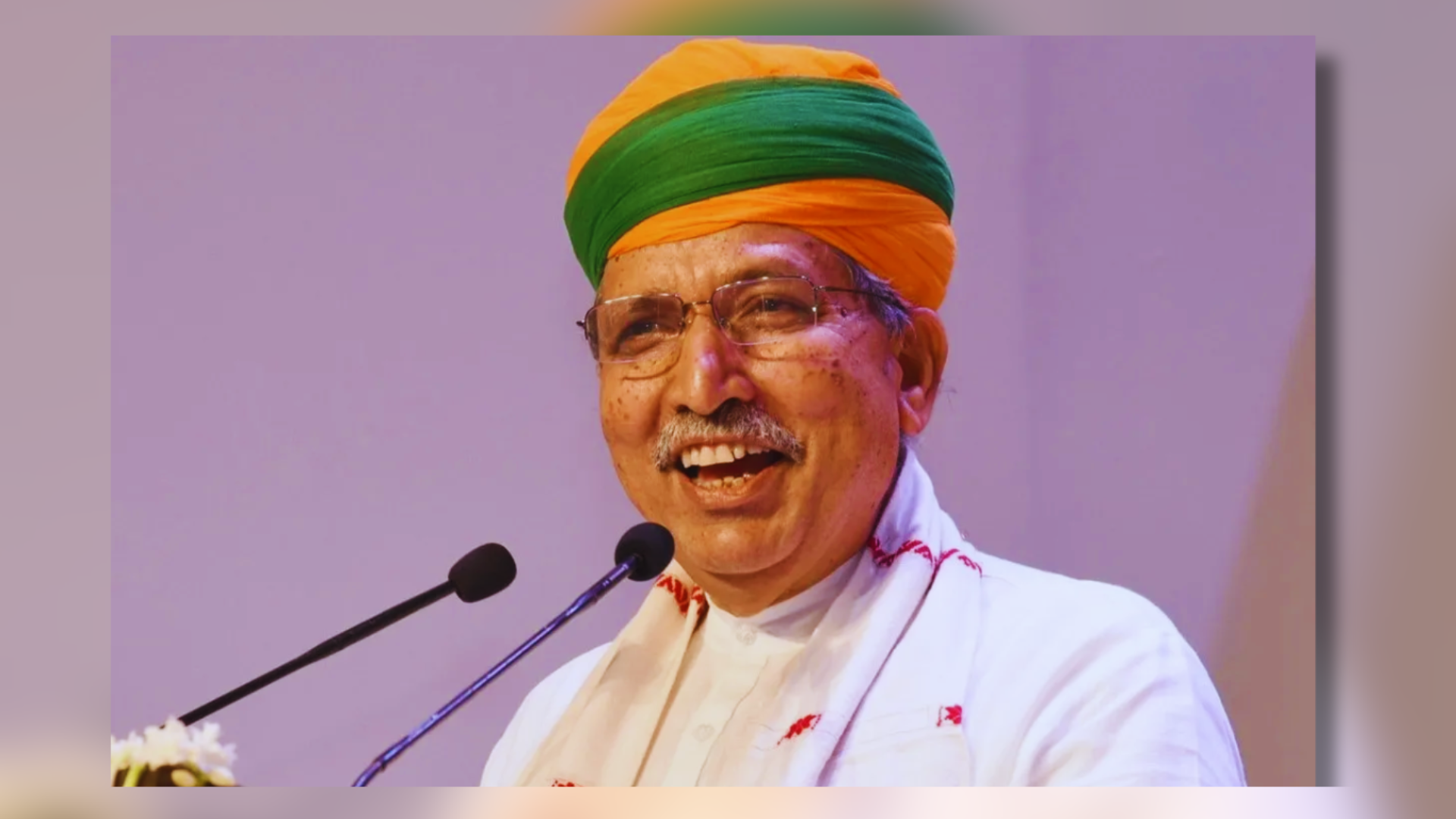
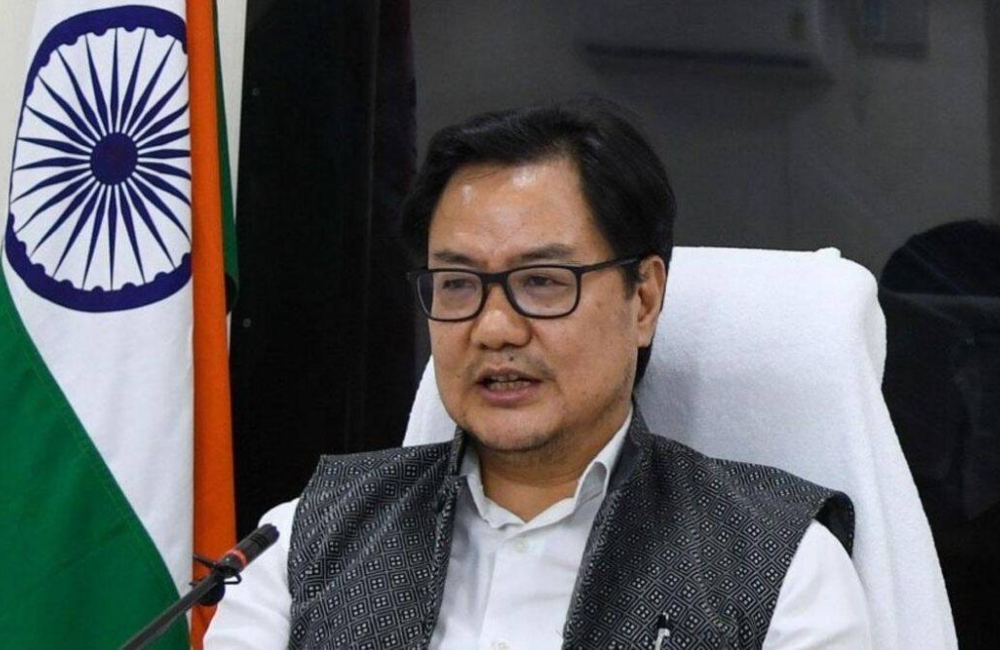
The Union Law Minister Kiren Rijiju said, “The Constitution is the most sacred document. We have three pillars including legislature, executive, and judiciary. I feel the executive and legislature are bound in their duties, and the judiciary improves them. But the issue is that when the judiciary goes astray, there is no system to improve them,” at an event organised by Rashtriya Swayamsevak Sangh (RSS) weekly magazine “Panchjanya” here on Monday. According to him, the Bharatiya Janata Party (BJP) administration never questioned or undercut the judiciary.
The Minister spoke on judicial activism, stating that “when we created the National Judicial Appointment Commission, it was challenged and the Supreme Court threw it down. If there is no structure to govern the judiciary, the term judicial activism is used. Many judges have observations, but they do not form part of their order. They express their opinions through observations, and there are also objections to these observations in society. It would be nice if judges gave orders that included observations.
Rijiju claimed to have noticed that judges frequently overstep their authority and exercise executive powers without being aware of the situation on the ground.
It will be ideal if everyone stays focused on their various responsibilities because otherwise, people may accuse us of engaging in executive activism. “When the judiciary goes beyond its limits…Judges are unaware of the practical issues or the budgetary realities,” the Law Minister stated.
In reference to the term of previous Prime Minister Indira Gandhi, Rijiju said that the CJI was chosen after beating out three experienced judges. He claimed that such behaviour is not tolerated by the Modi administration.
When we take action to govern the judiciary, some claim that we are trying to influence, control, or hinder the nomination of judges. We did not do anything of the like, he said.
To control judges’ behaviour, Rijiju urged the judiciary to establish a self-regulatory body.
Rijiju replied, “Be it a legislator or judge, they have a privilege. There is a code of ethics in Parliament, but there is no such system in the case of the Judiciary. There should be a self-regulatory mechanism inside the judiciary for the behaviour of judges.
He said that it was only natural for people to assess the judges in the age of social media and live streaming of court proceedings.
I only want to warn the judges that they are a part of democracy, people are watching them, therefore their behaviour should be appropriate, Rijiju added. “I cannot command the judiciary.
Since 1993, the Supreme Court has defined “consultation” as “concurrence.” In no other field has consultation been defined as concurrence except in judicial appointments, he continued. “Up until 1993, judges were appointed by the government in consultation with the Chief Justice of India. At that time, we had very eminent judges.
Notably, the Supreme Court Collegium is composed of the four most senior justices on the court and is headed over by the Chief Justice of India. The Collegium’s recommendations are binding on the government if the five members of the body repeat them, despite the fact that the government may oppose them or ask for further information.
According to the Constitution’s spirit, he claimed, the government is responsible for appointing judges.
Nowhere in the world do judges pick other judges; rather, the fundamental responsibility of judges is to administer justice, according to Rijiju. In 1998, the Supreme Court enlarged the collegium structure.
The Minister claimed he had seen that judges spend half of their time making appointment decisions, which interferes with their ability to “give justice,” which is their principal duty.
“Given that the internal politics of the judiciary are not visible from the outside and that there are extensive debates, I have now seen that judges spend more than half of their time nominating judges rather than dispensing justice.
The process is highly opaque and not transparent; if judges served in an executive capacity, it would be examined, and occasionally even groupism occurs “explained Rijiju.
He said that before to 1993, judges were not singled out for criticism or finger-pointing because they had nothing to do with the appointments.
Rijiju said that the Chief Justice of India (CJI) had written to him regarding the “attacks” on the judiciary on social media, stating that they should be regulated and that the government should take severe action.
The Law Minister stated, “CJI wrote to me about the attack on the judiciary on social media and demanded control over this. I did not offer my reply knowingly. If we give a reply then we need to go on.”
The Indian judiciary, he said, is a colonial institution that has been influenced by 200 years of British control.
If we continue to adhere to the British dress code or wear clothing that is appropriate for our location and culture, I will confer with CJI, he added.
Rijiju added that there is a dominant group of attorneys at the Supreme Court who even act as a threat to the justices.
50 to 60 attorneys in the Supreme Court, he said, “even threaten the justices.”
In an effort to alter the process for appointing judges, the National Democratic Alliance administration introduced the National Judicial Appointments Commission (NJAC) Act in 2014.
The NJAC was a projected entity that would have been in charge of selecting and elevating judges to the higher court. On April 13, 2015, the NJAC Act and the Constitutional Amendment Act went into effect. But on October 16, 2015, the Supreme Court invalidated the NJAC Act. The decision restored the collegium system of judges selecting judges as the dominant system.

